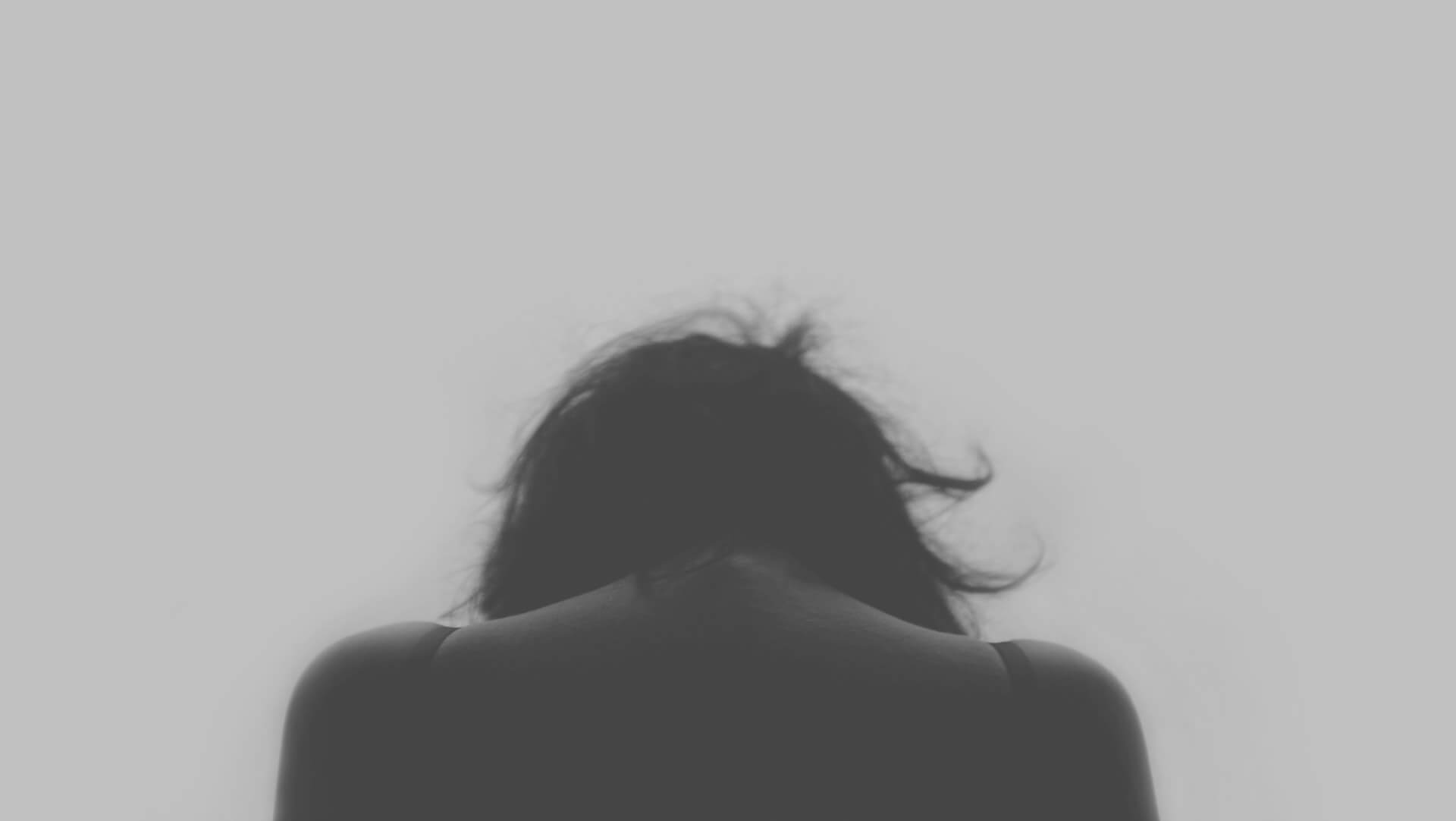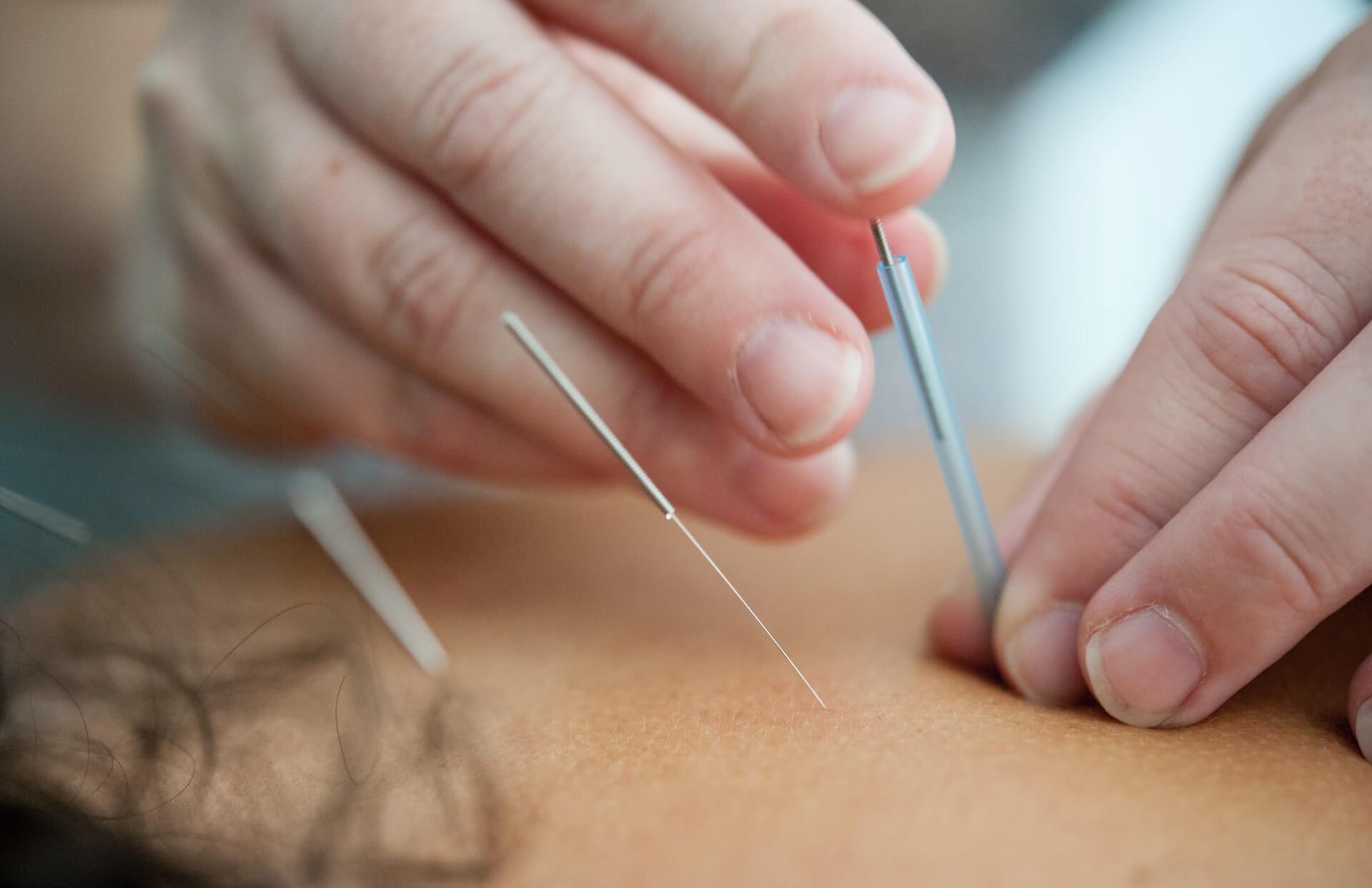Perhaps you have not been getting enough sleep recently, which could be why you have little energy.
More than just a few late-night drinks, constant weariness could be a result of more than one source. Here are some possible causes. For example, it could be heavy bleeding or disease. It could also be your poor eating habits or couch-potato lifestyle.
According to a Carnegie Mellon University study, fatigue can make you more susceptible to infection, regardless of its cause.
The chances of getting a cold were nearly three times higher for those who slept less than seven hours compared to those who slept more than eight hours.
However, fatigue can be triggered by more than physical factors, according to Lilian Cheung, R.D., a Harvard University lecturer who is also the director of communication and health promotion at Harvard School of Public Health’s Department of Nutrition. It can also be mental.
She says that being stressed or working too hard, even thinking too much, can sap your energy levels. “The mind needs rest.”
Sometimes, an underlying medical condition such as diabetes, chronic fatigue syndrome or lupus can drain your energy. You’ll need to see a doctor to manage the symptoms and increase your energy.
We can also be our own energy-sapping foes. Here are 8 ways to make your energy depleted worse. Learn new ways to move from slow to fast:
No Energy Cause #1: A sugary and fat-laden breakfast
Mama always said that breakfast was the most important meal of the day. However, mom didn’t want you to eat a muffin or bagel as you race out the door.
This carbohydrate-rich meal is delicious, but it will make you feel sick.
Stuart Fischer, M.D. is the founder of Dr. Fischer’s Little Book of Big Medical Emergencies(Barricade Books).
#2. Lack of energy: Not exercising
Are you too tired to exercise? Do it! You will feel more energetic when you exercise.
According to a University of Georgia 2008 study, people who complained of fatigue regularly increased their energy levels by 20% when they exercised frequently and with low intensity.
It doesn’t mean you have to run marathons. It was found that people who exercised low intensity, such as walking or running, had lower fatigue levels than those who did high-impact aerobics.
#3: Lack of energy = Bottomless coffee cup
You’re headed to the nearest java shop for your fifth cup of coffee. The caffeine will keep you awake at night and also affect your hormones. The production of cortisol and adrenaline, which are hormones that can increase alertness, is stimulated by coffee.
However, this effect does not last so you add another cup. The problem is that caffeine stops working after three cups. Dr. Fischer said, “It’s almost like sucking on a sponge.” You only get a few drops after a while.
Drinking a lot of coffee throughout the day can increase adrenaline production. Dr. Fischer states that this can cause hormone depletion by stressing and slowing down the adrenaline gland.
Lack of energy Cause #4: Carb-loaded snacks
You need to wake up at 4 p.m. You might feel energized by a trip to the vending machine in the snack-room. You’re wrong!
Dr. Fischer states that a candy bar can actually deplete [energy] over the long-term.
What happened to your sugary breakfast? Candy can also provide a boost, but it quickly turns into a slump. Red Bull, a high-energy drink, is also prone to this problem.
Dr. Fischer states that energy drinks are especially harmful for people who are overweight – “like poison.”
People who are obese already produce too much insulin due to the sugars they eat. He says that a candy bar can add another huge amount of sugar to their system.
Lack of Energy #5: Not getting enough magnesium
Do you find yourself snoring at your desk? Magnesium deficiency can cause sleepiness and weakness in the muscles.
Magnesium intakes in America are lower than recommended. Jill Weisenberger R.D.C.E, Lifescript’s Nutritionist, said, “The good news” that magnesium is widely available in many foods.
According to the National Institutes of Health, this mineral is essential for your body’s functioning. It plays a role at more than 300 of its biochemical reaction. It supports muscle and nerve function, maintains the heart rate steady, strengthens your immune system and promotes bone health.
Weisenberger adds that blood pressure rises with age, and magnesium-rich diets can help to keep it under control.
No. 6: Lack of energy during heavy periods
Are you prone to dragging during heavy periods? Iron-deficiency Anemia is a condition in which your body doesn’t have enough iron. This mineral is essential for making hemoglobin, which is the protein found in red blood cells that carries oxygen throughout your body.
Iron-deficiency Anemia is more common in women due to heavy bleeding, prolonged periods and uterine fibroids. Tiredness is just one of the symptoms. Other symptoms include dizziness, shortness or weakness.
Dr. Fischer said that anemia after a heavy period can cause fatigue that cannot be treated with exercise, coffee, or any other medication. It’s almost as if the person doesn’t breathe as well.
Lack of Energy Cause #7 – Not enough Zzz’s
It’s almost a given that if you don’t get enough rest, you will lose energy and weight. Dr. Fischer says that too many late nights can lead to a craving for sweets and other high-carb foods.
Stress is #8: Lack of Energy
The brain can’t tell the difference between anxiety about being late to work and being chased by an ant-tooth tiger.
Our “fight-or flight” system releases hormones including adrenaline to give us an extra burst or action.
Except you are running from a hungry cat, hormones build up and eventually wear you down. Although it may not be obvious, psychological stress can lead to physical problems like lower energy, chronic pain, and digestive problems, as well as illnesses such heart disease and diabetes.




